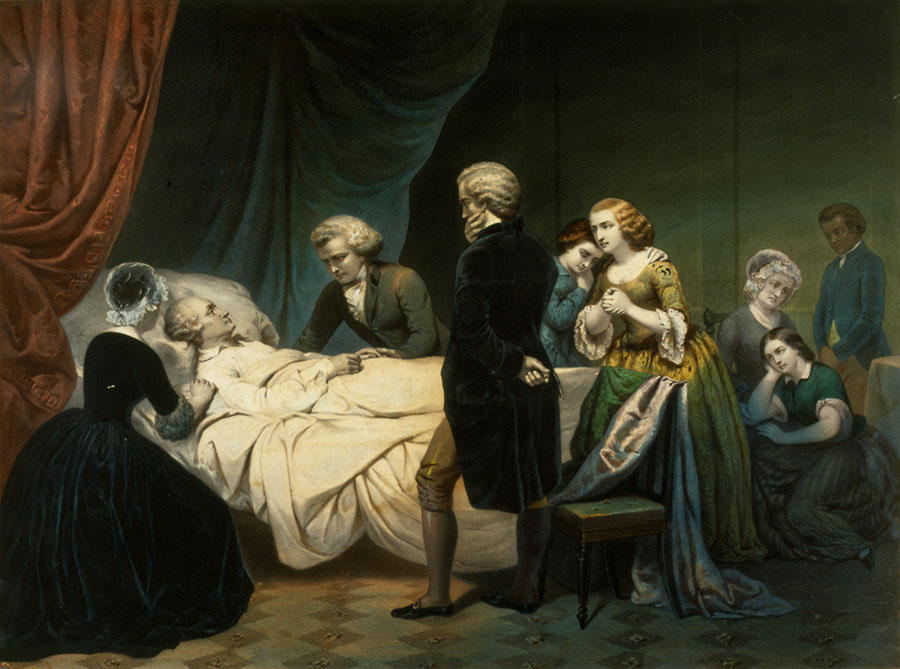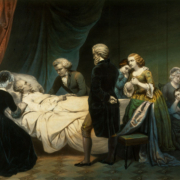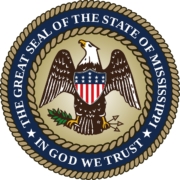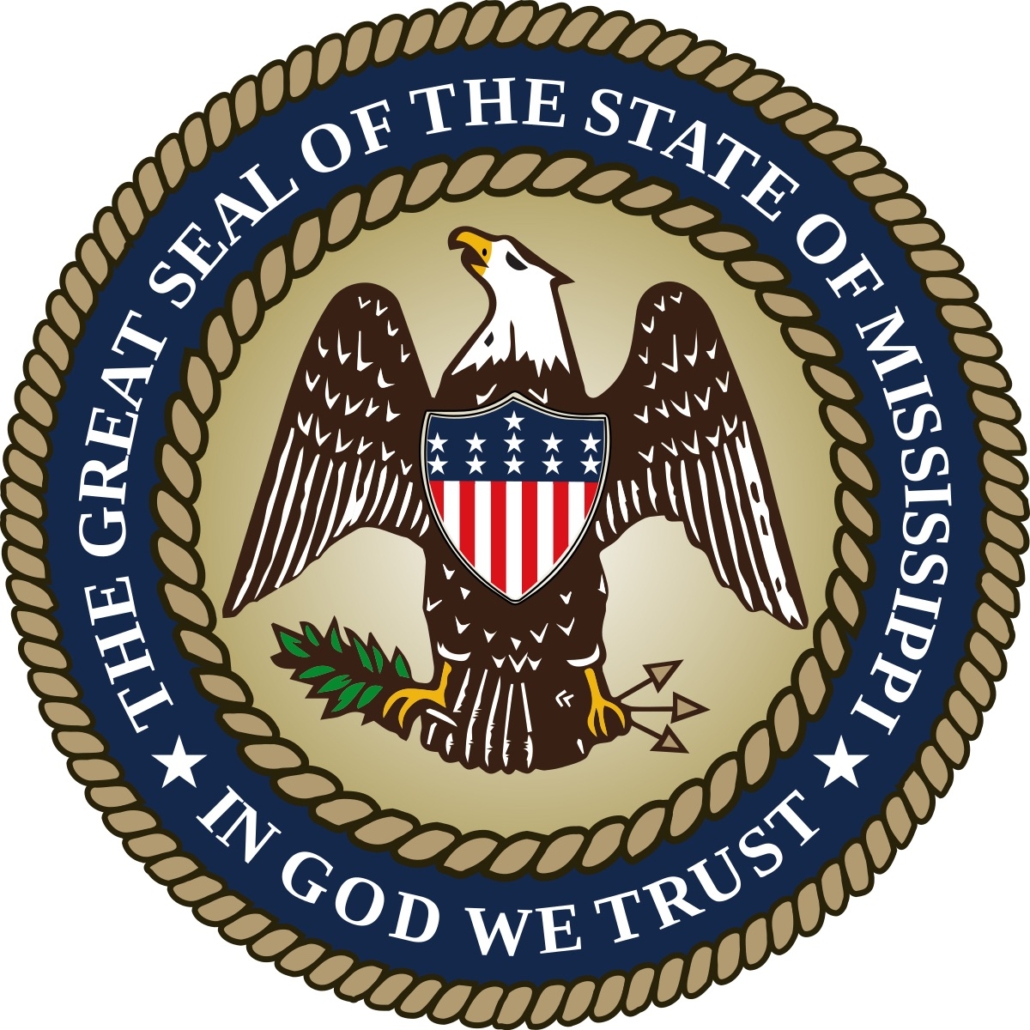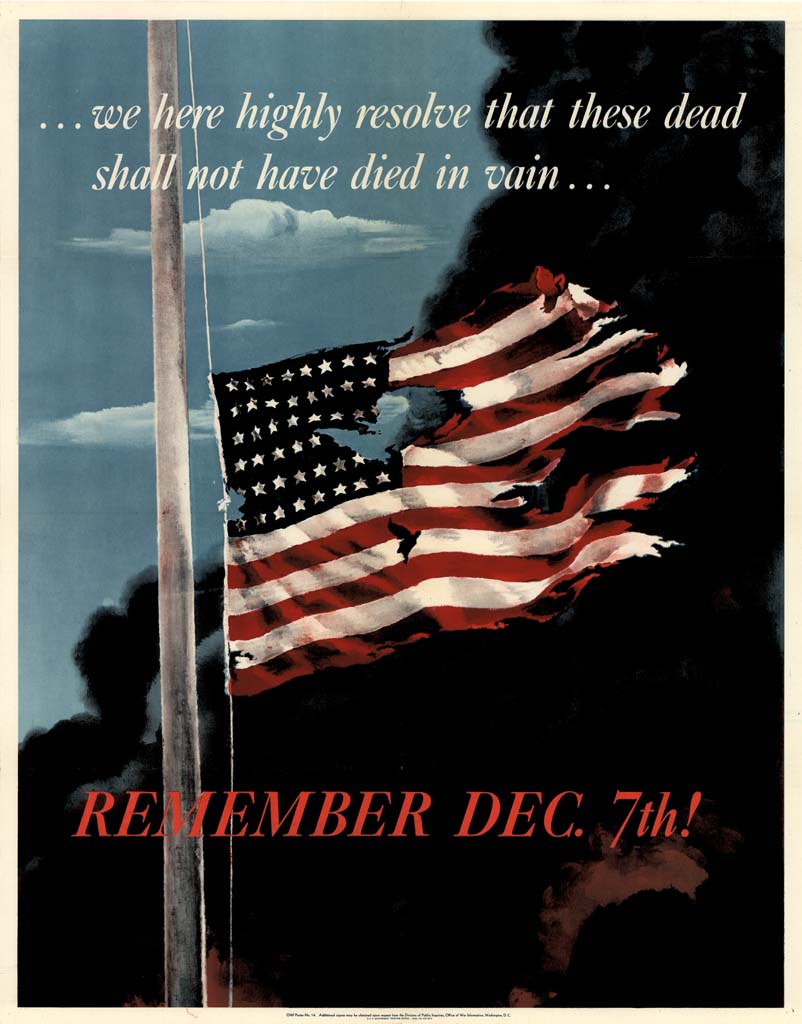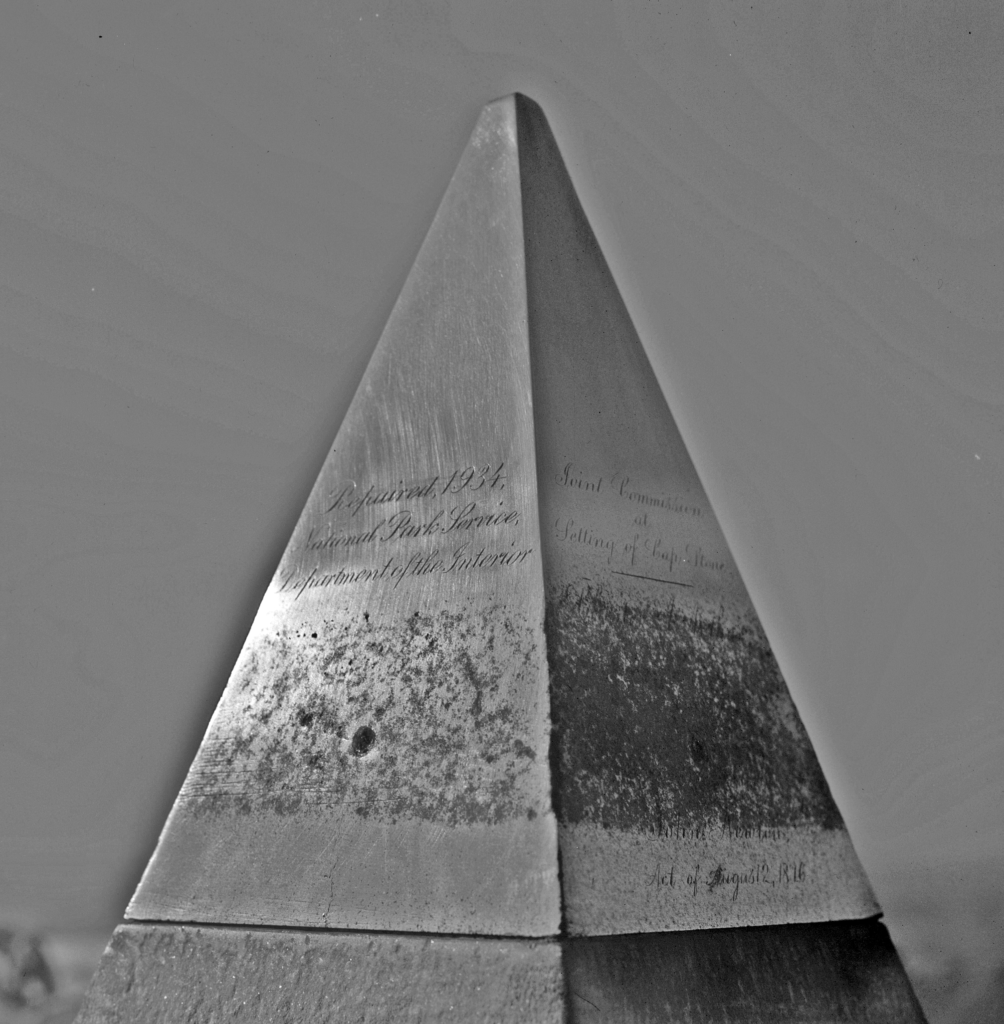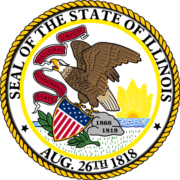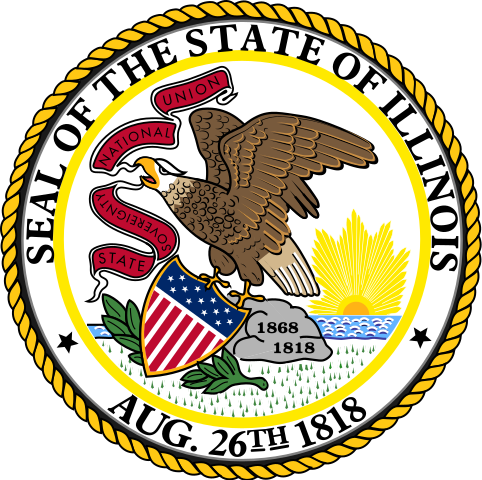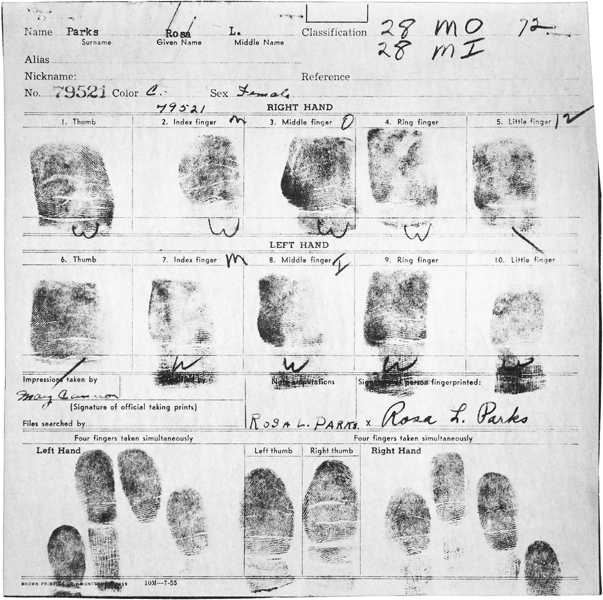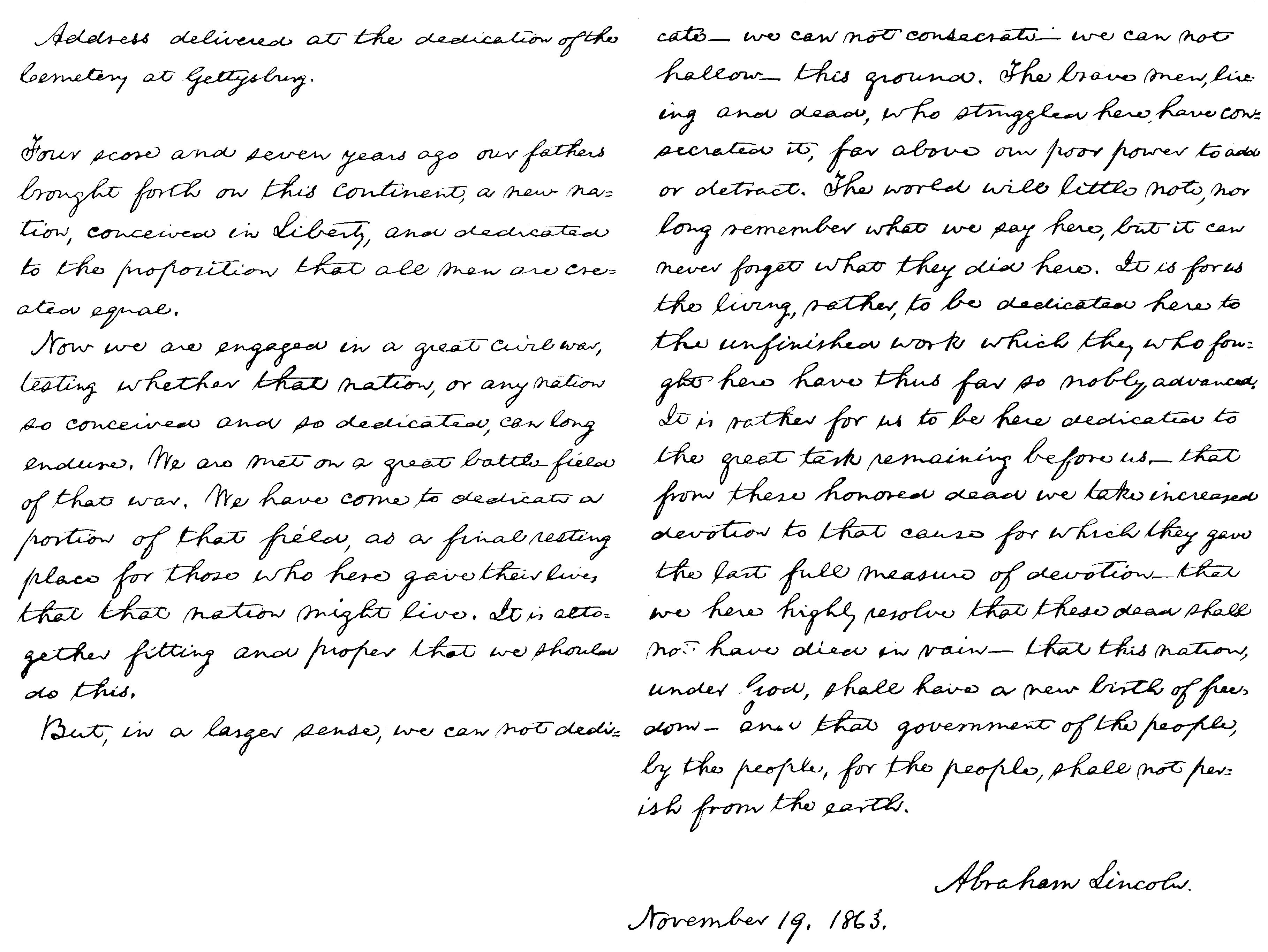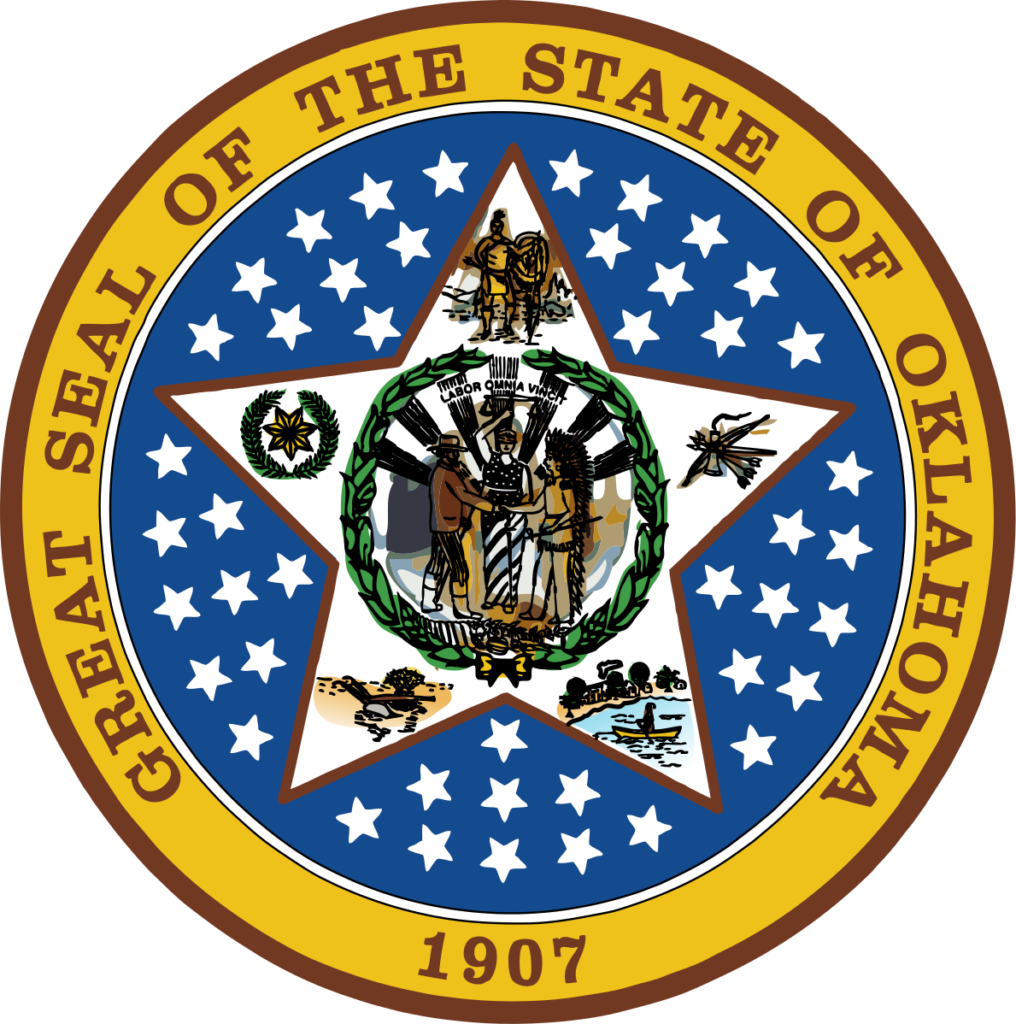On this day in 1799, George Washington, the first president and “father of our country” dies at Mount Vernon. He was sixty-seven years old.
Famously, Henry Lee eulogized Washington:
“To the memory of the Man, first in war, first in peace, and first in the hearts of his countrymen.”
He had just retired two years earlier, after forty-five years of service to his country.
Some of his last words were were: “Doctor, I die hard; but I am not afraid to go[.]”
Tokens
He said this in his heartfelt Farewell Address in 1796:
“[T]he deep acknowledgment of that debt of gratitude which I owe to my beloved country for the many honors it has conferred upon me… I shall carry it with me to my grave, as a strong incitement to unceasing vows that heaven may continue to you the choicest tokens of its beneficence; that your union and brotherly affection may be perpetual; that the free Constitution, which is the work of your hands, may be sacredly maintained; that its administration in every department may be stamped with wisdom and virtue; that, in fine, the happiness of the people of these States, under the auspices of liberty, may be made complete by so careful a preservation and so prudent a use of this blessing as will acquire to them the glory of recommending it to the applause, the affection, and adoption of every nation which is yet a stranger to it.
The following quote from his Inaugural Address in 1789 George Washington inspired Our George Washington “Invisible Hand” shirt:
“No people can be bound to acknowledge and adore the invisible hand which conducts the affairs of men more than the People of the United States.”
He went on, “Every step, by which they have advanced to the character of an independent nation, seems to have been distinguished by some token of providential agency.”
